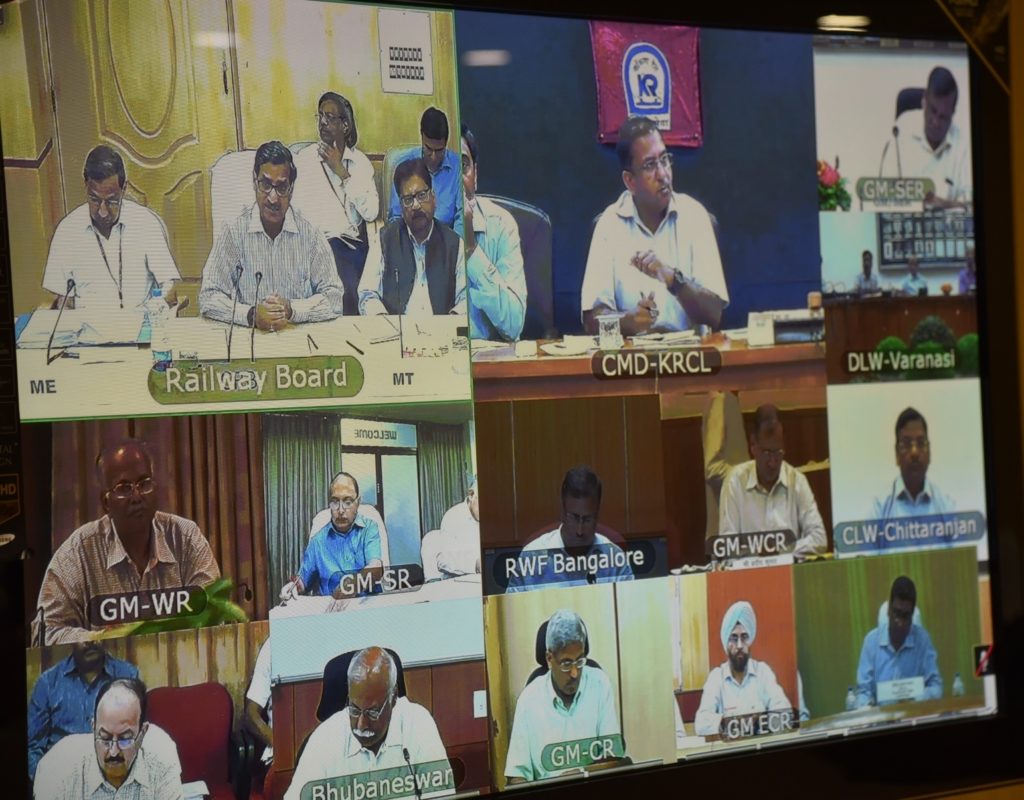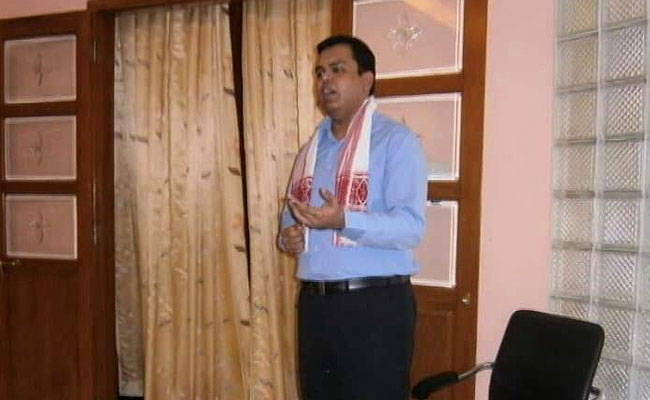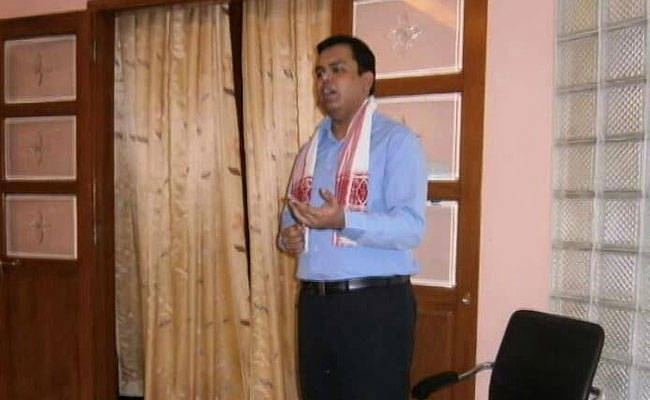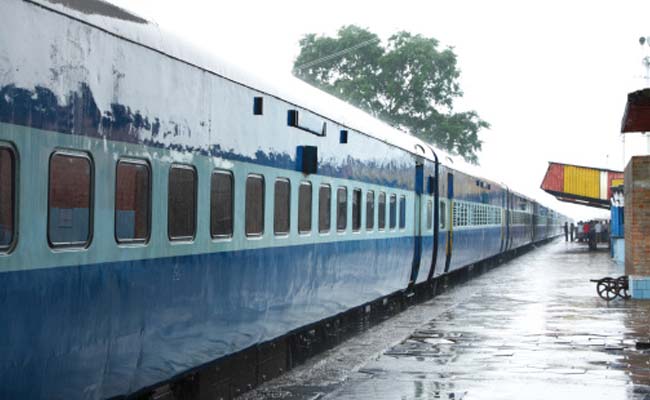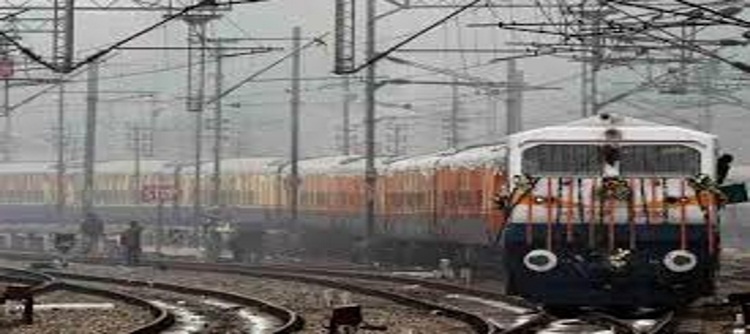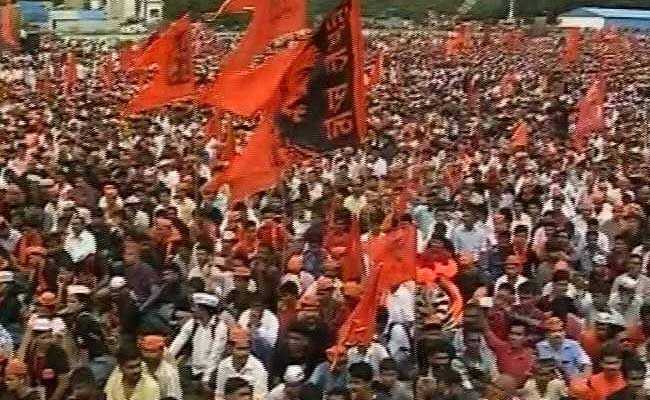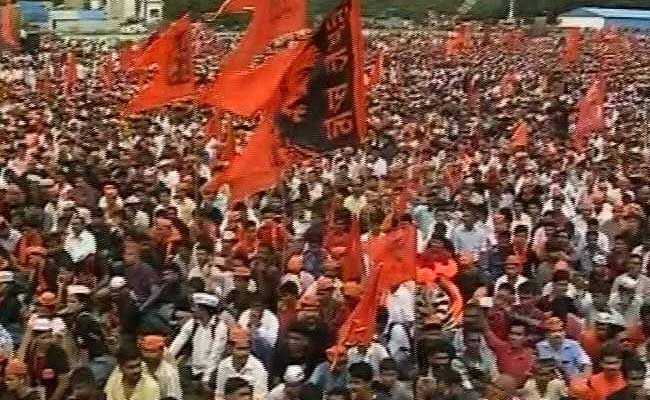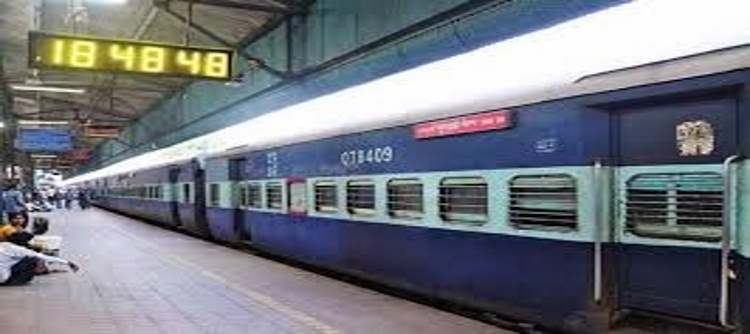
Projects that offer a rate of return of less than 12 per cent are bracketed as “socially desirable”.
Of the 432 new-line, gauge-conversion and doubling projects, two-thirds (292) have a rate of return of less than 12 per cent, the Standing Committee on Railways noted with concern. In fact, 222 of them have a negative rate of return, according to the report.
‘Rethink on definition’
Seeking an assessment of the quantum of social service obligations, the Committee has asked the Ministry to have a re-look at defining the Railways as a ‘commercial undertaking’ as, much like defence and roadways, the transporter makes an indirect contribution to overall GDP, besides also fetching direct earnings.
“…the concept (of the Railways being a commercial undertaking) was alright as long as it was under the British regime. Whatever penny the Britishers invested, they wanted returns out of it,” added the report.
The Committee was apprised that, while the Railways had not yet received a response from the Finance Ministry, steps had been initiated in this regard by merging the Rail Budget with the General Budget. According to the Railways, the total net social service obligation on coaching and freight services was at ₹34,000 crore in FY16.
‘Fund social projects’
In this context, the Committee has asked the government to come up with viable plans to fund ‘socially desirable projects’ in a phased manner so as to address issues in perspective, remove hindrances and work as a pro-active facilitator of connectivity.
The Railways, the Committee report said, could only fund these projects through gross budgetary support (GBS) and through outside credit whereby the Railways have to pay market rate, because the return from these lines would not be substantial enough to reimburse the cost of borrowing.
Moreover, 83 of the 432 projects form a part of the list of Railways’ ‘least priority projects’. An additional 29 projects do not even make it to this list. The list was drawn up to optimally utilise the meagre budgetary support and avoid funds from being spread too thin.
However, the Railways have prioritised some projects as national projects (which is on the ‘top priority’ list): these include some in Jammu and Kashmir and the North-East.
As on date, the Railways have a throwforward of 495 ongoing, pending projects worth ₹4.36-lakh crore, which can never be completed if the public sector behemoth were to proceed with the present mode of funding, the panel report noted.


